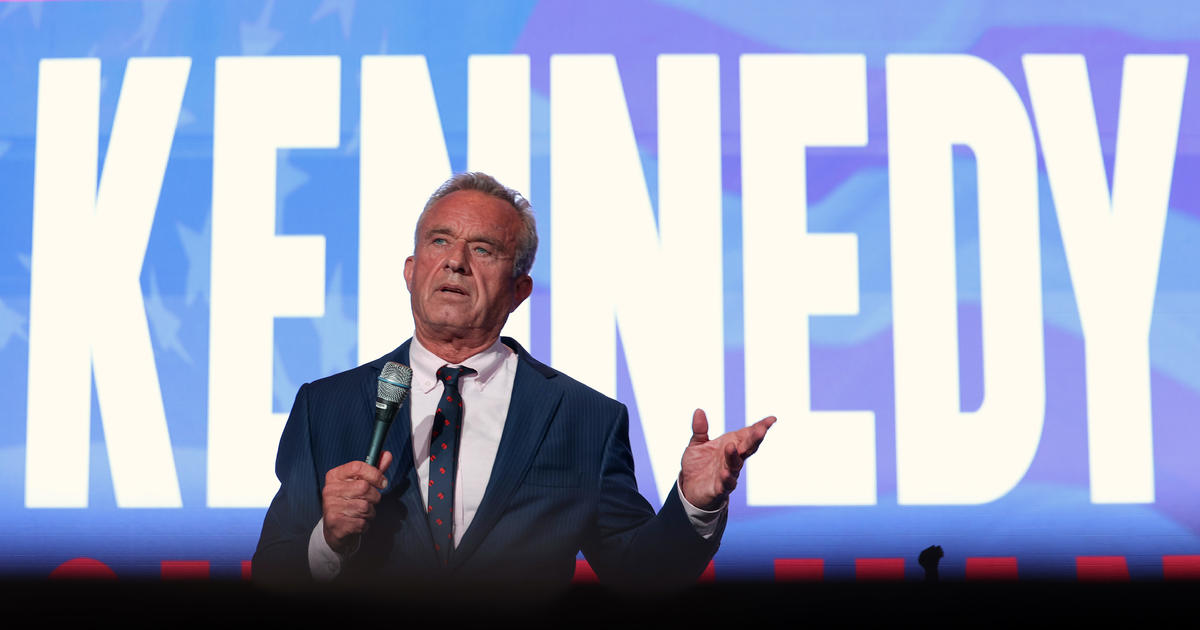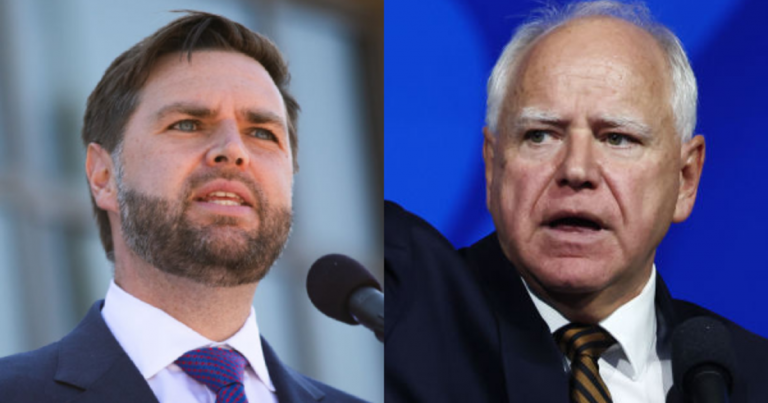Democrats and allies file lawsuit to prevent RFK Jr. from running in some states.
Independent presidential candidate Robert F. Kennedy Jr. is facing a barrage of legal challenges as he strives to secure ballot access in all 50 states for the upcoming November election. Despite concerted efforts from his Democratic opponents to impede his candidacy, Kennedy remains determined to be on the ballot in every state by the end of July. With just over a month remaining, he has successfully navigated the ballot access process in five states, including Utah, Michigan, Delaware, Oklahoma, and Tennessee.
However, Kennedy’s path to the ballot is fraught with obstacles, as he contends with legal challenges in Nevada, New York, North Carolina, Delaware, and New Jersey. Democratic opponents of Kennedy argue that his candidacy poses a threat to the election outcome and could potentially benefit former President Trump. They have filed multiple lawsuits against Kennedy, characterizing him as a “spoiler candidate” and alleging that his campaign is employing deceptive tactics to circumvent state rules for independent candidate ballot access.
According to Matt Corridoni, a spokesperson for the Democratic National Committee (DNC), Kennedy’s candidacy is being bolstered by MAGA Republicans and Trump’s largest donor. The DNC has vowed to continue challenging Kennedy’s ballot access efforts to ensure compliance with electoral regulations and maintain fair play in the electoral process.
One of the most recent legal challenges against Kennedy comes from election lawyer Scott Salmon, who is not affiliated with any outside group. Salmon seeks to prevent Kennedy from appearing on the New Jersey ballot under the state’s “sore loser law,” which prohibits candidates from running as independents after an unsuccessful bid for a major party nomination. The case is set to be heard in a New Jersey court on July 17.
In Nevada, a crucial battleground state, the Democratic Party is spearheading efforts to bar Kennedy from the ballot through a coordinated lawsuit. The lawsuit argues that Kennedy’s affiliation with multiple minor parties in other states violates Nevada’s ballot access laws for independent candidates. Kennedy’s strategic approach to garnering ballot access in several states through various third parties has been met with legal challenges and scrutiny.
Kennedy’s nomination by multiple parties in different states, including the American Independent Party in California and his own We the People Party in North Carolina and Hawaii, has drawn criticism from Democratic opponents. The Nevada Democratic Party executive director raised concerns about Kennedy’s campaign not meeting the requirements necessary to run as an independent non-affiliated party candidate in the state.
Moreover, allegations from the Delaware Democratic Party claim that the Independent Party failed to file necessary documents for Kennedy and his running mate within the stipulated timeframe, further clouding Kennedy’s path to ballot access. Super PACs like Clear Choice Action are actively working to obstruct Kennedy’s candidacy, filing objections in states like New York and North Carolina, and raising legal challenges against his ballot access petitions.
The legal hurdles faced by Kennedy’s campaign have intensified as Democratic groups mount 13 challenges in New York alone, citing discrepancies in his petition filings. In North Carolina, the state’s Board of Elections is reviewing objections raised by super PACs, alleging violations of election laws by Kennedy’s party, We The People.
Despite the legal onslaught against his candidacy, Kennedy and his running mate, Nicole Shanahan, are resolute in their commitment to fight for democracy. Shanahan emphasized their dedication to defending their ballot access in the face of opposition, highlighting the vigor and determination of their legal team to combat the challenges posed by the DNC and its affiliated PACs.
As the legal battles continue to unfold, the overarching narrative of Kennedy’s candidacy is one of resilience and unwavering dedication to participating in the electoral process. While the road ahead may be fraught with obstacles, Kennedy’s quest for ballot access in all 50 states underscores his commitment to a diverse and inclusive political landscape for the upcoming election.








